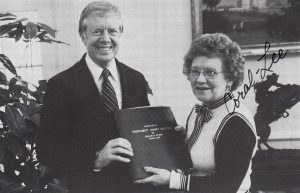
Author: Bill Burton

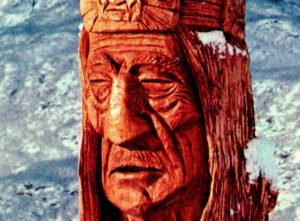
Peter Wolf Toth and His Trail of Whispering Giants
Bill Burton
Peter Wolf Toth
and His Trail of Whispering Giants
While Toth was born in Hungary in 1947, his family left there during the anti-Soviet uprising of 1956 and eventually settled in Akron, Ohio. In 1971 at age 24, Toth carved a statue of a native American (locally dubbed
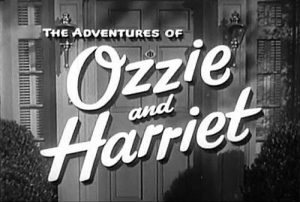
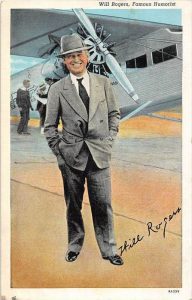
I Never Met a Man I Didn’t Like
Bill Burton
I Never Met a Man I Didn’t Like
“I never met a man I didn’t like” is probably a shortened version of what he wrote, and while the actual source is unclear, the meaning of this epigram is not. It sums up what people saw in Will Rogers:
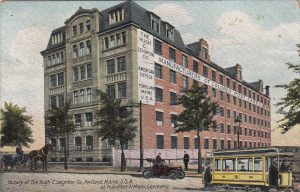
Factories that Printed Postcards
Bill Burton
Factories that Printed Postcards
“Every postcard has a story,” we say. Well, so too does every postcard have an origin.
That origin is the place where it was printed. While many local black-and-white cards were produced by local printers and all real photo cards were uniquely made by
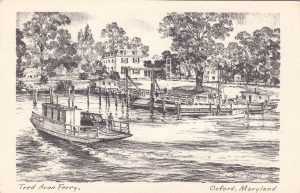
Two DelMarVa Sketch Artists and Their Postcards
Bill Burton
Two Delmarva Sketch Artists
and Their Postcards
The DelMarVa Peninsula is only 70 miles wide by 183 miles long. The state of Delaware is bound on its eastern side by the Delaware Bay while the western side of the peninsula is composed of seven Maryland counties and two
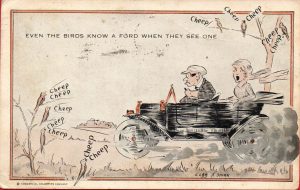
The Amazing Output of Cobb Shinn
Bill Burton
The Amazing Output of
Cobb Shinn
As World War I loomed, a varied group of talented Indiana illustrators, comic artists, and cartoonists were beginning their careers. While none of these Hoosiers are household names today, Cobb Shinn of Indianapolis became the most prolific and collectible postcard artist of
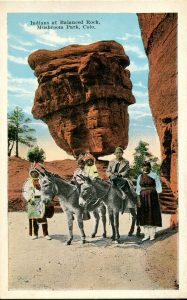
Balanced Rocks and Other Improbable Formations
Bill Burton
Balanced Rocks
and Other Impossible Formations
It never seemed to me logical that rock formations that looked too good to be true — were. Sometime, somehow, an enthusiast, an artist, or a Neolithic people had gone to a lot of effort to build them.
In North Salem, New
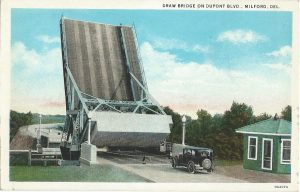
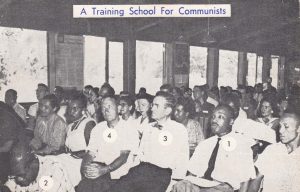
The Civil Rights Movement and Its Anti-Communist Opponents
Bill Burton
The Civil Rights Movement
and Its Anti-Communist Opponents
The organized fervor that developed into the American civil rights movement that emerged following the U. S. Supreme Court’s Brown v. Board of Education of Topeka decision (1954) can be traced back to at least the American labor movement. Opposition
